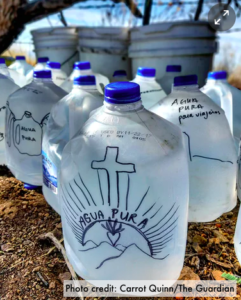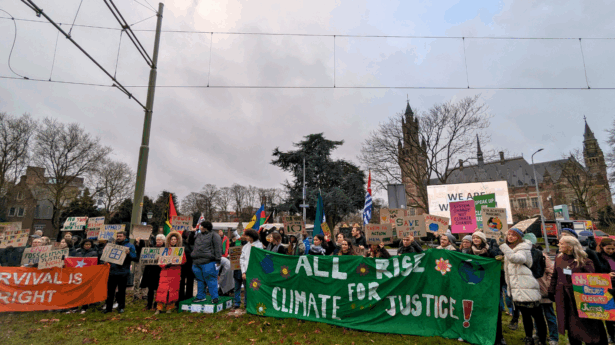The Unitarian Universalist Service Committee advances human rights through grassroots collaborations.
February 11, 2017, Rights Reading
February 11, 2017
Our weekly roundup of what we’re reading includes a few select articles from the front lines of human rights that we don’t want you to miss. This week’s Rights Reading covers abuses in Burma against the Rohingya, the latest on Trump’s travel ban, and the life-saving work of one of our partner organizations.
“The Government of Myanmar must immediately halt these grave human rights violations against its own people, instead of continuing to deny they have occurred, and accepts the responsibility to ensure that victims have access to justice, reparations and safety.”
The Office of the UN High Commissioner for Human Rights (OHCHR) released a flash report detailing human rights abuses that have been taking place in Burma against the Rohingya minority Muslim population. This report is based on over 220 interviews and testimonies collected since October 2016, though this kind of violence has been taking place for decades. Kidnapping, rape, killings, forced displacement, and houses being burned down are detailed in the report. The widespread discrimination and violence against the Rohingya are systemic and most likely considered a crime against humanity. The United Nations Children’s Fund (UNICEF) has also expressed serious concern and have called the abuses against children “totally unacceptable.”
The report concludes that the government must take action and do more to stop these human rights abuses.
Last week, James Robart, a federal district judge, blocked aspects of the latest executive orders to ban refugees and migrants from seven majority Muslim countries. This decision was upheld unanimously by the Court of Appeals for the 9th Circuit. The decision was based on a lack of evidence that suggests acts of terrorism would increase and that the United States would be unsafe. The decision, while temporary, is predicted to be go to the Supreme Court, which is currently still operating without the ninth Justice. This could result in a tie decision, which would leave the 9th circuit decision in place.
The travel ban, which restricted refugees from seven countries and temporarily halted even visitors from those countries, has had the effect of approximately 60,000 canceled visas. Hundreds of individuals and families are now able to resume canceled flights and be reunited with their loved ones. This court ruling had no effect on other parts of the executive order, such as the decreased number of refugees that will be admitted, which the Trump administration reduced by more than 50%.
UUSC applauds the decision by the 9th circuit. Read our full statement here.
No More Deaths, a humanitarian aid organization and UUSC partner, delivered nearly 20,000 gallons of water throughout the desert along the U.S.-Mexico border last year. No More Deaths, a primarily volunteer-run organization, is able to run solely on volunteers – volunteers that hike for hours in the heat or in the cold along migrant trails, leaving water, food, clothing, and other supplies in certain spots.
It is not uncommon for volunteers to find human remains during their drop-offs. An estimated 6,029 bodies have been discovered in Arizona along the border since the 1990s. This month alone, volunteers have already come across five human remains. The number of deaths that have occurred are likely much higher than the estimates, as many disappearances have never been resolved.
No More Deaths is literally saving lives from risk of dehydration and starvation. Many who cross the border, or have attempted to cross the border are fleeing extreme violence in the Northern Triangle region. The situations are so desperate that many children and minors attempt this journey alone.
Read more about UUSC’s migrant justice work and details about the continuing efforts of our partner organizations in the United States to advocate for the rights of asylum-seekers once they arrive at the end of their perilous journeys.


